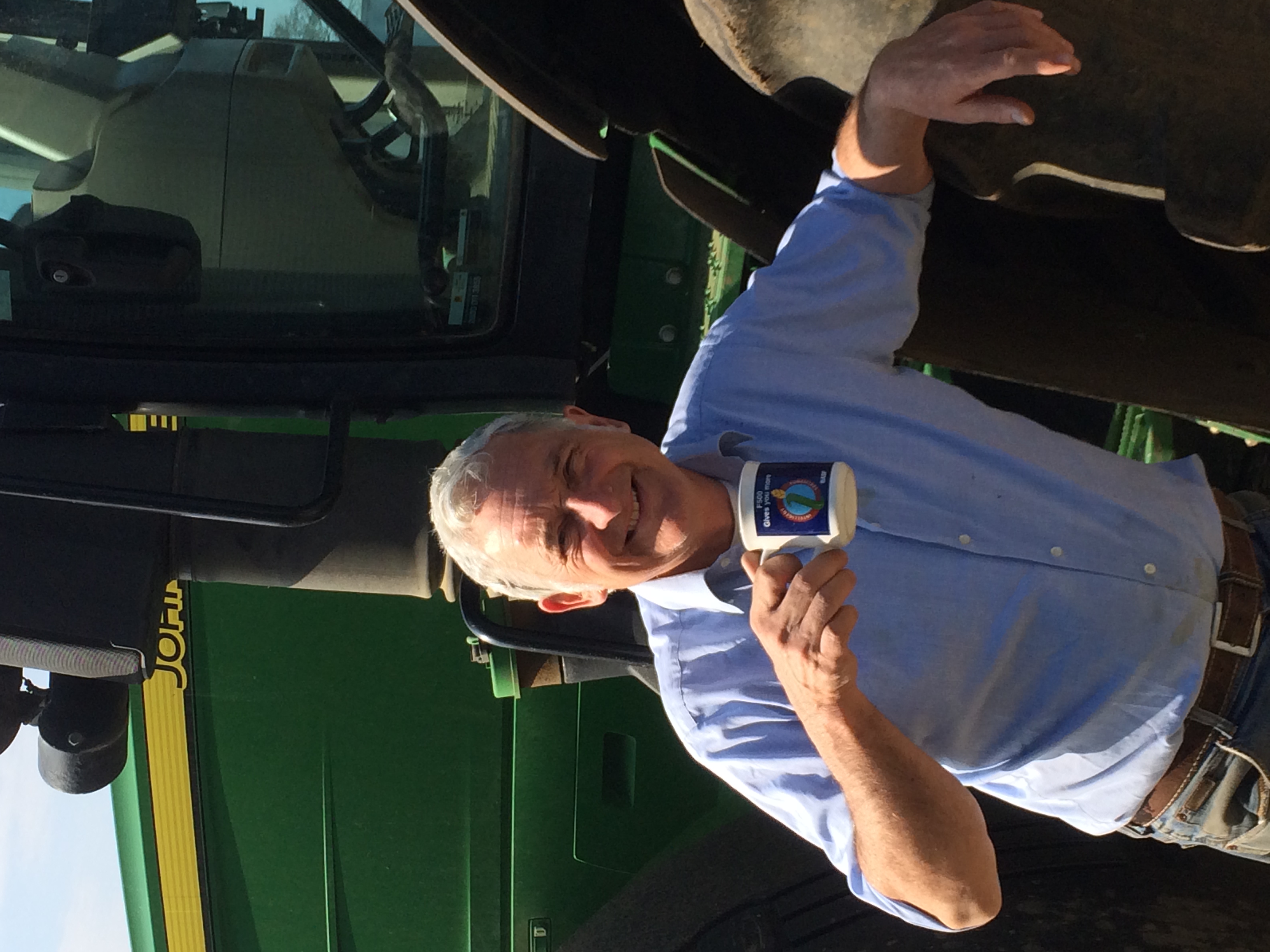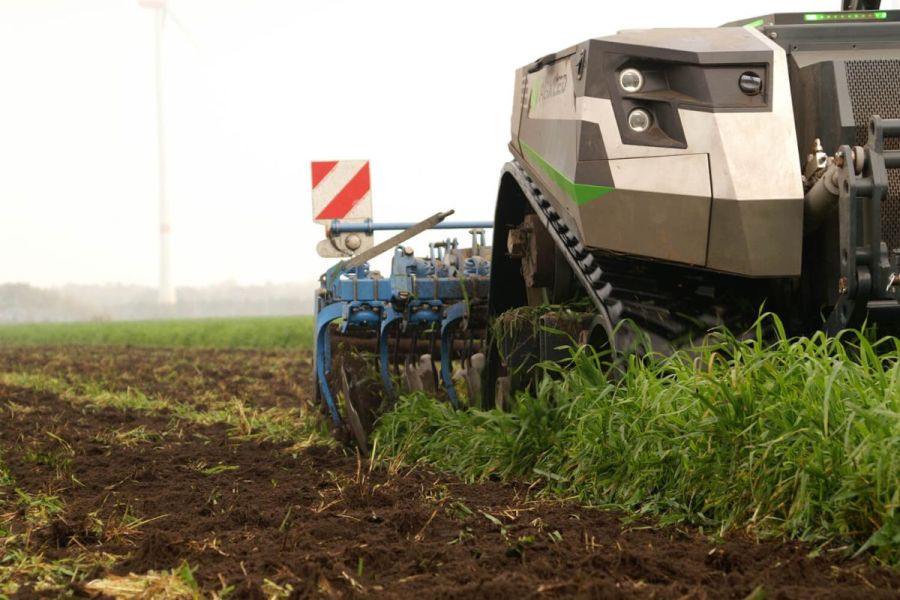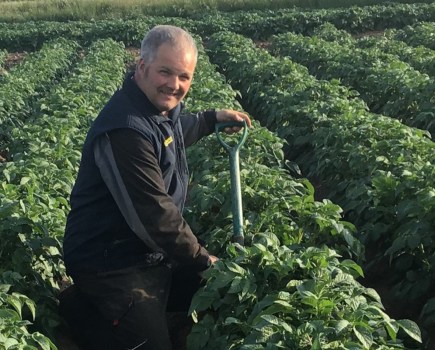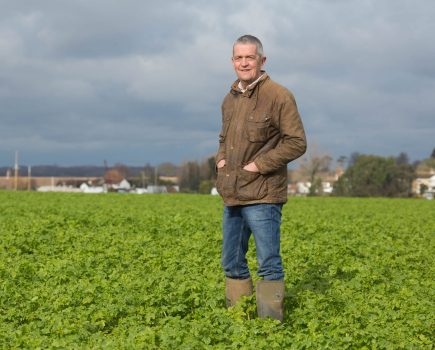 By Richard Styles
By Richard Styles
Throughout human history, technology has always been ahead of the law.
I was interested therefore in the driverless tractor working at the entrance of the Cereals event a few months ago. A huge step forward in the development of machines, in the same way that robots have replaced welders in car factories, making the workplace a safer and better place in which to earn a living.
However, after admiring for some time and some basic enquires, a small flaw in the entire system soon became apparent. It wasn’t legal on British roads, nor one assumes on French or German roads either. So, a man, or woman, or person, with a low-loader truck would have to be on standby to move it from one field, down 50m on a small minor road, to the next 12ha field – at some cost as these lorries are not cheap to hire.
There would also have to be a person filling the unit with seed and diesel with a loader. Hmm, that may not quite be the ‘great leap forward’ we all imagine.
Drones have also become entangled in the confines of the law. Identifying weeds, then spot spraying weeds from the air is fantastic. Bring it on, I’ll buy into that. “It’s a bit small and doesn’t carry much water,” I once said to one of the operators. “Ah, but we can scale this all up to a bigger drone,” stated a young man from Harper Adams. Yes, yes and call it a helicopter, presumably.
Privacy laws also intervene here. Flying over a person’s house, regardless as to whether you own all the land around them, is irrelevant. It’s an invasion of their right to privacy.
My first drone was cheap. I’d never flown one before so inexpensive was the order of the day. I managed successfully to open the box, without damaging the equipment inside, assembled it, following all the instructions – as in ‘Fit section B to bracket F using screws Q, D, and G. Remember to keep the flange outermost’.
Out to a field margin on a nice still summers day, all went well at first. The drone was up and off, higher and higher, then too high, whoa, whoa, and then out of range. No matter that I was franticly operating the controls, there was no response no matter how hard I tugged on the levers. My son’s comment of ‘it’s now too high dad’, didn’t really help. The last we saw if it was whizzing over the wheat field at what looked like 6000m high, over the hedge and that was it. We never found it.
The second drone was bigger and more expensive. My wife insisted we try it in a shed first rather than loose it. When it hit the girder and came crashing down, there wasn’t much left. I have given up flying them – too expensive.
I’m old enough to remember crop dusters spraying our very tall winter beans. Watching the pilots zoom about, sometimes under the electric wires was amazing. As was being covered in chemical. The smell of mancozeb is still with me after all these years.
We can’t aerially spray within Europe, bar the Swiss. It’s illegal. No government is going to tackle this issue if it wants to be re-elected at the next election. What, therefore, is the point of persevering with the system? We need a change in the law first.
So where now? I’ve always been a great believer in technology and that with thought, the dragon can be tamed and make my life as a farmer better and easier and, hopefully, less actual work. We were the first to use guidance in this area. A great boon. A real swine at first when I was on my way home after a long day at the controls and I bumped the pick-up onto the verge and nearly into the ditch, because I forgot to steer it. However, I am struggling to see how a driverless tractor like the one at Cereals can be of real use to us.
John Deere have launched a driverless tractor in the USA that looks like a normal tractor and has a cab and seat. The operator, when the machine has finished the field, simply hops in the cab and moves it to the next field. Brilliant. He can stay at home and get on with something else, or fill the seeder up, while the tractors work the land. So why are we persisting with cab-less tractors? Can we not find a different thought process outside the box of the crucible of fiction?
One thing’s for sure, even King Canute failed to stop the tide coming in. And no matter how hard some people will try, standing in front of the juggernaut of technology will not end well for you.
Richard Styles is a third-generation farmer in central Suffolk who, dispute his best efforts, is still managing to farm and says he loves his job: tilling land and growing crops. His land is Hanslope Clay and will produce some eye watering yields – though mostly for his neighbours, as he’s never reached the apex of an average 13t/ha of wheat, yet. But perhaps he should visit the pub more often…
This article was taken from the latest issue of CPM. For more articles like this, subscribe here.




